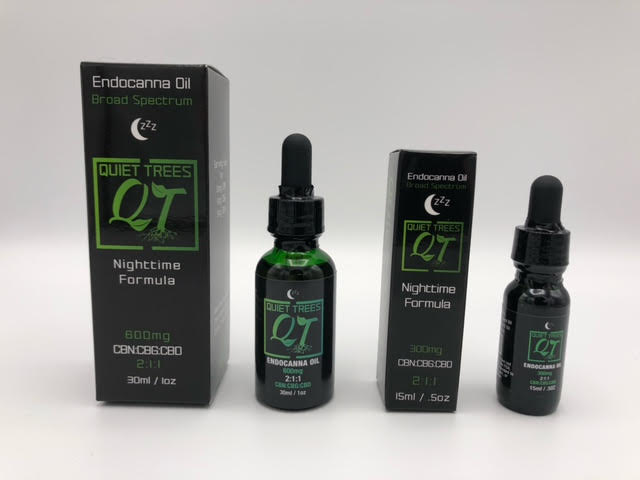The human body is a complex system, and maintaining its health requires a delicate balance. One organ that plays a vital role in this equilibrium is the liver. Responsible for numerous crucial functions, including detoxification, metabolism, and nutrient storage, the liver is integral to overall well-being. However, factors such as poor lifestyle choices, medication, and certain health conditions can compromise its function, leading to various complications.
In recent years, cannabidiol (CBD) has emerged as a popular remedy for a myriad of health issues, including anxiety, chronic pain, and inflammation. With its therapeutic potential gaining widespread attention, researchers have turned their focus to its effects on liver health. Understanding the relationship between CBD and the liver is essential for individuals seeking to incorporate this cannabinoid into their wellness regimen safely.
The Basics of CBD
Before delving into its impact on liver health, let’s explore what CBD is and how it interacts with the body. CBD is one of over 100 cannabinoids found in the hemp plant. Unlike tetrahydrocannabinol (THC), another well-known cannabinoid, CBD is non-intoxicating, meaning it doesn’t produce the “high” associated with hemp consumption.
CBD interacts with the body’s endocannabinoid system (ECS), a complex network of receptors, enzymes, and neurotransmitters that helps regulate various physiological functions, including mood, sleep, appetite, and pain sensation. By influencing the ECS, CBD can potentially exert therapeutic effects on the body.
CBD and Liver Health: The Research
Studies investigating the effects of CBD on liver health have yielded promising results, though more research is needed to fully understand its mechanisms of action and long-term implications. One area of interest is CBD’s potential role in mitigating liver damage caused by conditions such as hepatitis, fatty liver disease, and cirrhosis.
Hepatitis
Hepatitis, characterized by inflammation of the liver, can result from viral infections, excessive alcohol consumption, or autoimmune diseases. Research suggests that CBD’s anti-inflammatory and antioxidative properties may help alleviate liver inflammation associated with hepatitis, thereby protecting liver cells from damage.
Fatty Liver Disease
Non-alcoholic fatty liver disease (NAFLD) is a prevalent condition characterized by the accumulation of fat in the liver. If left untreated, it can progress to more severe forms, such as non-alcoholic steatohepatitis (NASH), which can cause liver fibrosis and cirrhosis. Preliminary studies suggest that CBD may attenuate liver steatosis (fat accumulation) and inflammation associated with NAFLD, potentially offering therapeutic benefits for individuals with this condition.
Cirrhosis
Cirrhosis is the advanced stage of liver disease characterized by extensive scarring and impaired liver function. While CBD alone may not reverse cirrhosis, research indicates that it may help alleviate symptoms and improve overall liver function by reducing inflammation, oxidative stress, and fibrosis.

Safety Considerations
While CBD shows promise as a therapeutic agent for liver health, it’s essential to exercise caution, particularly regarding dosage and product quality. Like any supplement or medication, CBD can interact with other medications and may cause adverse effects in some individuals. Therefore, it’s crucial to consult with a healthcare professional before incorporating CBD into your wellness routine, especially if you have pre-existing liver conditions or are taking medication.
Furthermore, not all CBD products are created equal. The lack of regulation in the CBD industry means that consumers must be vigilant when selecting products. Opt for reputable brands that provide third-party lab testing to ensure product quality and purity. For further help, tips and advice on CBD and liver health, check these guys out to learn more.
Conclusion
In conclusion, while research on CBD and liver health is still in its infancy, emerging evidence suggests that CBD may offer therapeutic benefits for various liver conditions by reducing inflammation, oxidative stress, and fibrosis. However, more extensive clinical studies are needed to elucidate its mechanisms of action and determine its long-term safety and efficacy.
If you’re considering incorporating CBD into your wellness regimen, it’s essential to do so under the guidance of a healthcare professional. By understanding the potential benefits and risks associated with CBD, you can make informed decisions about your health and well-being.
